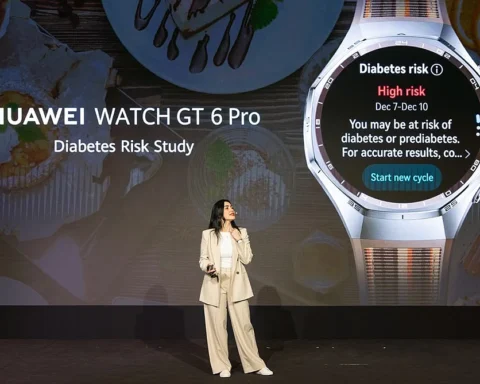
McDonald’s Global Sales Soar Past Estimates as Budget-Friendly Deals Drive Demand
Value meals, nostalgic promotions, and menu innovations fuel McDonald’s 7% profit surge and help it outpace fast-food rivals in global foot traffic.
by Allen Cot

Affordable bundles, limited-time offers, and nostalgic promotions fuel foot traffic and boost Q2 earnings by 7% to $2.29 billion, outpacing quick-service rivals.
McDonald’s has once again proven the power of value in a tight economy. The global fast-food giant reported second-quarter results that outpaced Wall Street expectations, as cost-conscious consumers flocked to its restaurants for affordable meal options, exclusive promotions, and menu innovations.
Global same-store sales rose 3.8% in the quarter, surpassing the 2.4% growth forecast by analysts polled by LSEG. Shares of McDonald’s climbed 2.3% in early trading on the back of the strong report.
The company’s adjusted net income increased 7% to $2.29 billion, or $3.19 per share, exceeding expectations of $3.15 per share. These gains were driven by strategic menu updates, creative promotions, and a focused push to re-engage low-income diners—a demographic McDonald’s says visits more frequently than middle- or high-income groups.
“This bifurcated consumer base is why we remain cautious about the overall near-term health of the U.S. consumer,” CEO Chris Kempczinski said, acknowledging the economic pressures affecting many households.
To counter a softening in demand—particularly among lower-income customers—McDonald’s rolled out a series of promotions. These included a limited-time Happy Meal offer tied to the “Minecraft” movie, the permanent addition of McCrispy Chicken Strips, and ongoing $5 meal deals and “buy-one, add-one for $1” offers that have proven popular.
In the U.S., McDonald’s largest market, comparable sales rose 2.5%, a strong recovery from the 0.7% decline in the same period last year. International performance also shined, with the segment where restaurants are run by local partners—such as in Japan—posting a 5.6% increase. In markets like the UK, Canada, and France, demand continued to rebound, contributing to a 4% growth in international sales.
According to foot traffic analytics firm Placer.ai, McDonald’s outperformed the broader quick-service restaurant (QSR) segment in customer visits. While competitors like Yum Brands (owner of Taco Bell and KFC) and Chipotle saw softer performance due to consumer pullback, McDonald’s thrived by emphasizing its core strengths: value, nostalgia, and timely promotions.
“While rivals like Yum Brands and Chipotle struggled with consumer pullback, McDonald’s played to its strengths by leaning into value, nostalgia and limited-time promotions,” said eMarketer analyst Zak Stambor.
As competition in the fast-food space heats up, McDonald’s appears to be in a strong position—both strategically and financially—to weather economic headwinds and capture more market share by focusing on what it does best: serving up value with consistency.
Post Views: 1,011















